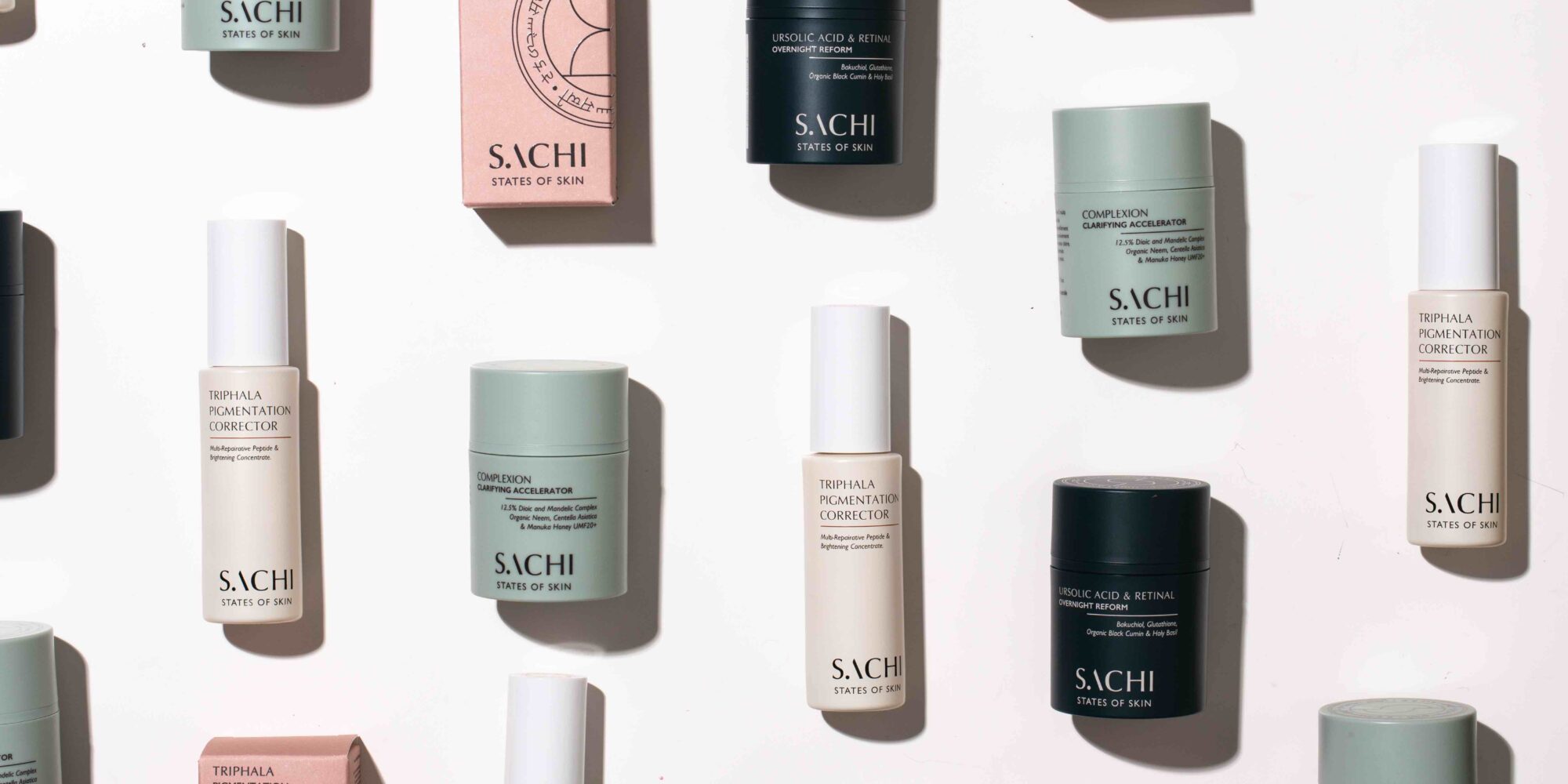
Why Dark Spots Have Led To A Bright Spot In The Beauty Industry
Four years before launching the brand Sachi States of Skin in 2020, founder Farah Bashir began documenting her experiences with hyperpigmentation on Instagram under the handle Beamwonder and quickly amassed an avid following.
“The need for products and education around hyperpigmentation was just so clear from the beginning,” says Bashir. “Mainstream brands weren’t acknowledging melanin-rich skin challenges, and this drove people of color to resort to potentially dubious products found on Amazon or in the ethnic aisle.” The “dubious products” she’s referring to often contained hydroquinone, a skin-bleaching ingredient banned by the United States Food and Drug Administration for over-the-counter products in September 2020.
Hyperpigmentation is a stubborn, often chronic skin condition that can affect all skin types, but is most prevalent in medium-to-dark complexions or skin types four to six on the Fitzpatrick Scale measuring the amount of melanin in skin. Because hyperpigmentation is easily triggered by sun exposure, heat, visible light and irritation from bug bites, pimples or scratches, trying to treat it can frequently feel like Sisyphus rolling the boulder up the hill only to have it roll down again. But a new crop of brands is taking a shot at slowing the boulder’s roll, at least for a bit.
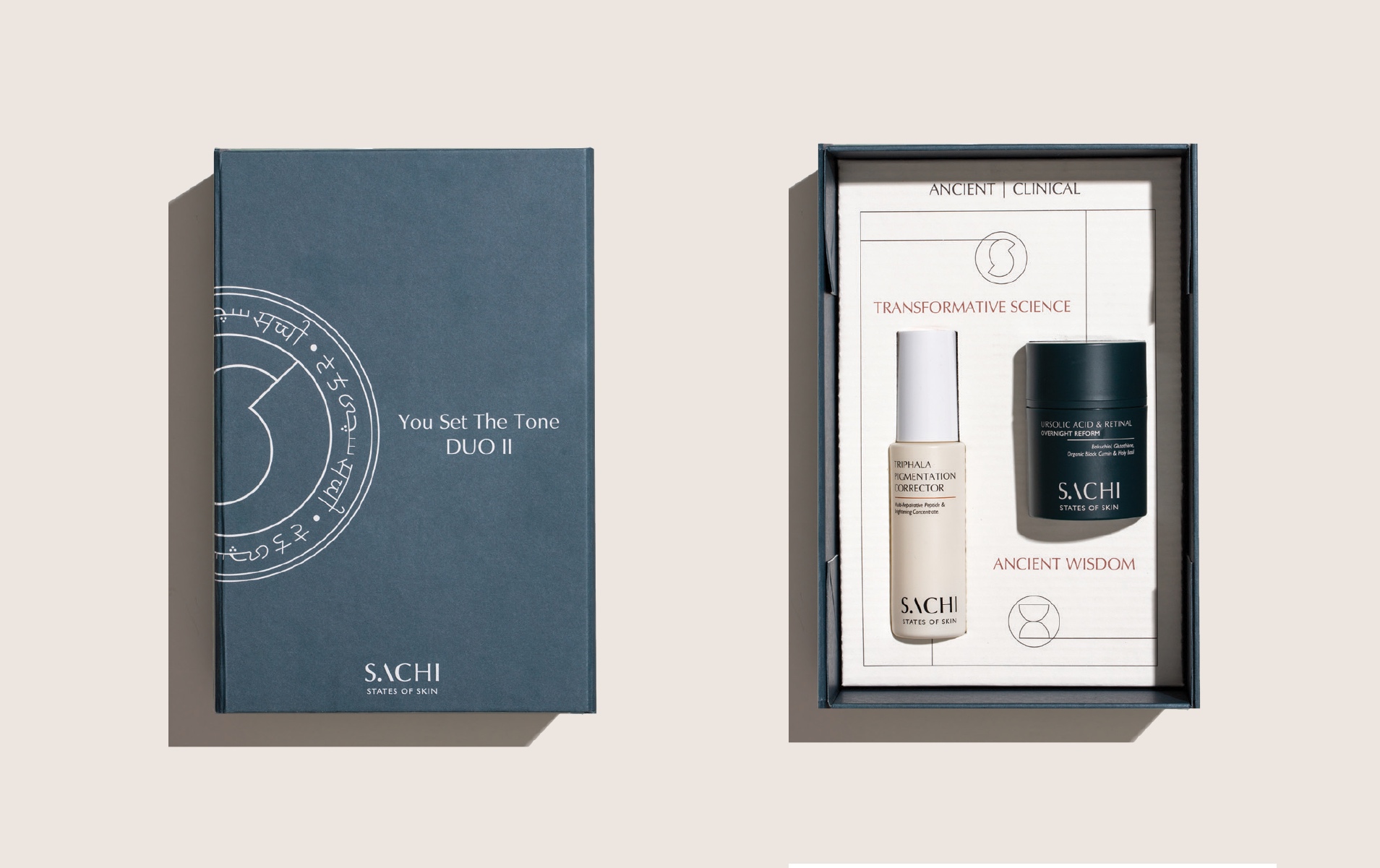
The brands coincide with an intense interest in skincare, the beauty industry finally paying significant attention to consumers of color, and consumers of color seeking products from companies that represent and understand them. While dermatologists can prescribe options for hyperpigmentation, including ones with hydroquinone, the lack of diversity in the dermatology field—only about 3% of dermatologists identify as Black or African American—has sparked an opening for brands outside of dermatologists’ offices offering inclusive products. The brand Eadem, for example, strives to reimagine beauty as “more inclusive and specifically designed to celebrated our bare-skin confidence.”
Eadem, Sachi States of Skin and other brands—Topicals, AbsoluteJOI, Shayde Beauty and Hyper Skin among them—are joining a segment on the rise. Market Insight Reports projects the global hyperpigmentation treatment market will accelerate at a compound annual growth rate of 8.3% to reach $677.4 million by 2027, up from $387.7 million in 2020. In the 12 months ending in June of this year, data from consumer insights firm Spate reveals that there’s an average of 272,300 monthly Google searches for “hyperpigmentation” in the United States. At the same time, the number of those searches climbed 22.4%, and there’s been a 62.1% jump in searches for “hyperpigmentation” and “Black skin.” There are 4,700 monthly searches on average for “hyperpigmentation” in tandem with brands such as The Ordinary and Mederma.
Alongside consumer interest in hyperpigmentation antidotes is the spread of ingredients like tranexamic acid, niacinamide and azelaic acid as cosmetic alternatives to hydroquinone, an ingredient that’s been reserved for prescriptions as a result of misuse. “If improperly used, hydroquinone can cause skin irritation,” says Camille Howard-Verovic, a dermatologist and founder of the brand Girl+Hair. “There are also cases of exogenous ochronosis, which looks like a paradoxical darkening of the skin. It is caused by deposits of homogentisic acid in the dermis.”
“Mainstream brands weren’t acknowledging melanin-rich skin challenges.”
Despite the problems associated with hydroquinone, Howard-Verovic praises it as a “well-studied” and “effective treatment” for post-inflammatory hyperpigmentation, melasma and sunspots. She says she’s not a fan of “various brands in the last few years demonizing hydroquinone.” She explains, “In some cases of melasma and hyperpigmentation, some over-the-counter brands on the market just won’t cut it. My hope is that brands are careful in how they market their products and realize that fearmongering may sometimes lead their customers to write off incredibly effective ingredients. I always advise my audience to see a board-certified dermatologist if they find that their hyperpigmentation is persistent.”
Topicals, a brand with a hero product called Faded for dark spots and discoloration that contains tranexamic acid and azelaic acid, is cognizant not to market its products as panaceas. Recognizing chronic skin conditions like hyperpigmentation can’t be cured, Olamide Olowe, co-founder of the brand, emphasizes Topicals is adamant about not focusing on “having ‘perfect skin.’” She says, “Our skin is always changing, and just like life, skin can be messy and unpredictable. The poreless skin that you see in ads or magazines has been manufactured. Real skin has texture, flare-ups, spots, bumps.”
The recurring nature of discoloration and dark spots can make them good for business—like hunger keeps people buying food, a reappearing skin issue can keep them buying skincare—and simultaneously risky for business because it can seem like products for them are futile. Olowe, Bashir and Anne Beal, a physician and founder of AbsoluteJOI, a brand aimed at the needs of melanin-rich skin in consumers over 35, stress brands must educate consumers about the difficulties of tackling hyperpigmentation. Bashir wrote an e-book that’s a guide to hyperpigmentation to provide consumer education. Olowe says, “Topicals is rooted in making the science of skin accessible through education, particularly on new channels like Twitter.”
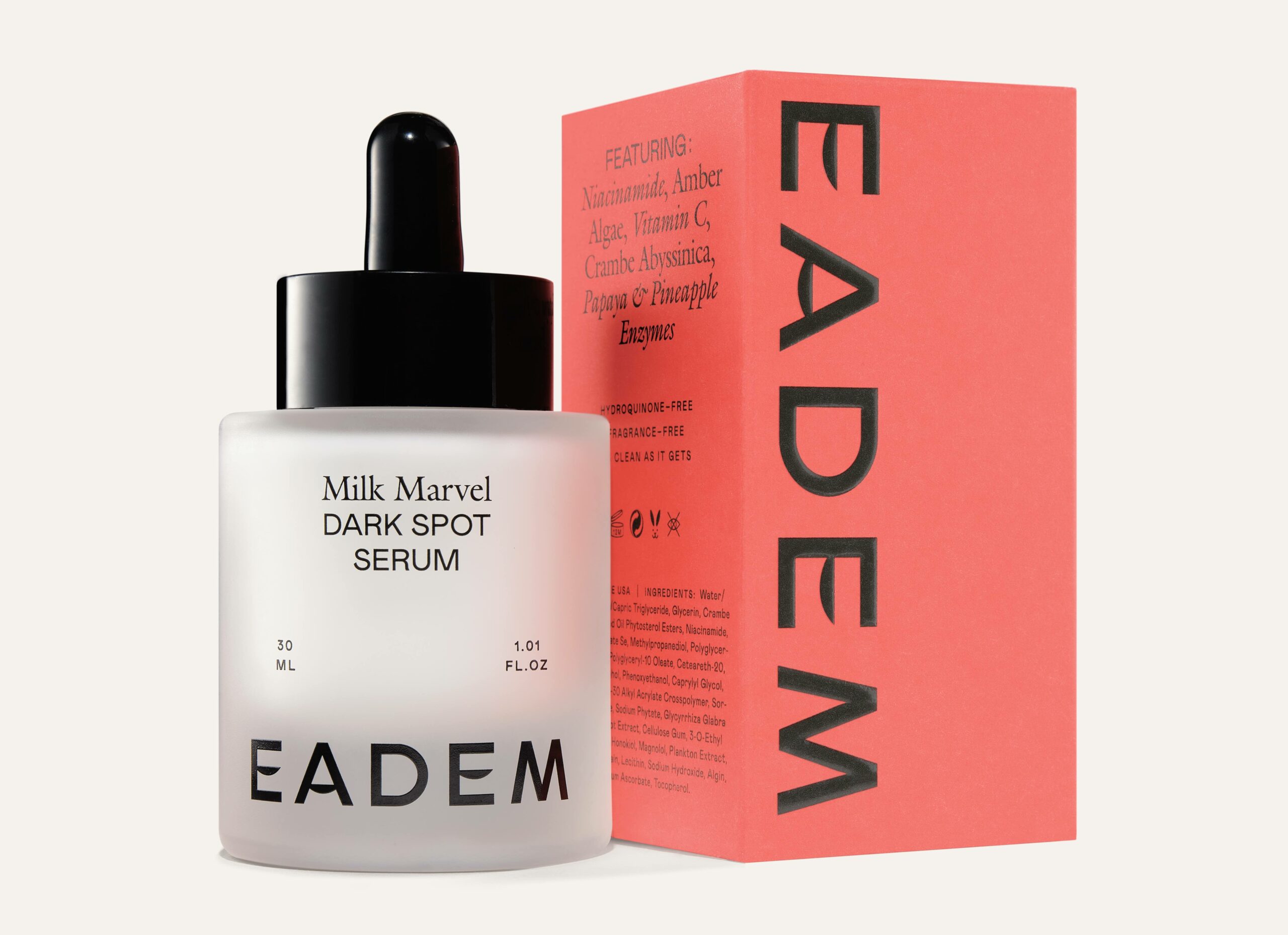
Beal informs AbsoluteJOI’s customers about the myriad of manifestations of hyperpigmentation. “Within the context of hyperpigmentation, we have to be clear in what we are treating,” she says. “Are we talking about melasma [or patches of discoloration from hormonal shifts or sun exposure]? Are we talking about sun damage? Are we talking about post-inflammatory hyperpigmentation. They’re all quite different and need to be treated as such.”
Marie Kouadio Amouzame and Alice Lin Glover, co-founders of the new brand Eadem, assert products haven’t been helpful for consumers of color because they generally weren’t developed for them. Eadem’s sole debut product, Milk Marvel Dark Spot Serum, was created with assistance from a woman of color dermatologist and formulator, and it was tested on 50 women with darker skin tones. “Alice and I have tried so many products in the past that were never formulated for skin like ours or that didn’t have the right actives at the right dosage, so not surprisingly, they didn’t work,” says Amouzame. “We want Eadem to be the brand that women of color can trust.”
Emerging skincare brands are wading in tricky territory tending to hyperpigmentation as they carefully attempt not to perpetuate the Eurocentric beauty ideal of lighter skin. Their celebration of melanin and messages of skin acceptance are efforts to fight the harm of traditional beauty norms. “We were tired of products designed to bleach and lighten our skin’s natural, melanin-rich tone,” says Glover. “This is nothing new in our society, and it’s time that we shift the message around melanin.”
“We were tired of products designed to bleach and lighten our skin’s natural, melanin-rich tone.”
As far as products go, emerging brand founders highlight the role of sunscreen in combatting hyperpigmentation. Olowe notes Topicals informs its community about the importance of sunscreen and “the fact that fading the look of discoloration is a process that requires both pre-and post-care.”
Sunscreen is central to Bashir’s approach to hyperpigmentation, too—and she’s consistently received pushback from her followers about it. “It’s still a huge issue,” she says. “Once when I posted about sunscreen, there was a commenter who said, ‘Stop it with the sunscreen talk. We’ve got melanin, we don’t need that.’ This kind of talk is really detrimental.”
Bashir describes sunscreen as a tough sell to prevent hyperpigmentation with the Indian community. In previous generations, she says Indian people wouldn’t wear sunscreen because, to them, wearing sunscreen meant intentionally going out in the sun. “Colorism is still very much present in India, and no one wants to be dark,” she elaborates. “Cultural practice has meant that sunscreen has always been seen as protecting the skin tone from getting darker and not as a product that protects the skin health and encourages safe sun habits.”
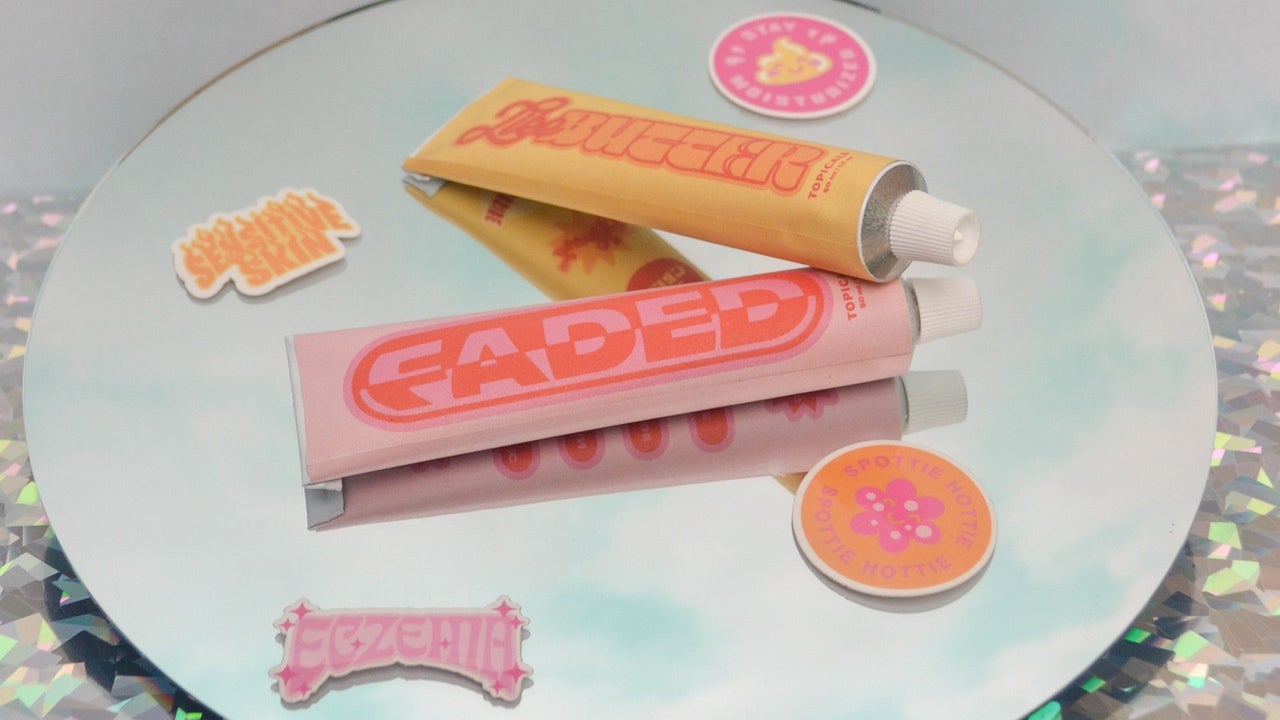
According to Bashir, India has a high rate of hyperpigmentation due to heat and light exacerbating the condition. “I always try and communicate that corrective work is really hard and prevention is so much easier,” she says. In the U.S., brands like Unsun Cosmetics and Black Girl Sunscreen are persuading Americans of color to incorporate sunscreen into their skincare regimens.
AbsoluteJOI recently released the sunscreen Daily Hydrating Moisturizing Cream Mineral Sunscreen Broad Spectrum SPF 40 to complement its suite of products directed at hyperpigmentation and signs of aging. “Sunscreen is essential,” underscores Beal. “If there was a roomful of women with different types of hyperpigmentation, I would say what we’re proposing is probably going to address the needs of at least 80% of them.”
Consumers are responding favorably to AbsoluteJOI and more generally to the new class of brands contending with hyperpigmentation. AbsoluteJOI’s sales are exceeding Beal’s goal of 25% month-over-month increases. She has her sights on placing the brand in a national retailer in 2022. Topicals, which has raised $2.6 million in funding, sold out within 48 hours at both Nordstrom and Sephora. Eadem, a participate in Sephora’s 2021 Accelerate program, is already set for an entrance into Sephora later this year. Glover says,“We could not be more excited about the momentum.”
KEY TAKEAWAYS
- Hyperpigmentation is a stubborn, often chronic skin condition that can affect all skin types, but is most prevalent in medium-to-dark complexions.
- Brands such as Sachi States of Skin, Topicals, AbsoluteJOI and Eadem were created to give people of color cosmetic alternatives to the controversial ingredient hydroquinone.
- The emerging brands are joining a segment on the rise. Market Insight Reports projects the global hyperpigmentation treatment market will accelerate at a compound annual growth rate of 8.3% to reach $677.4 million by 2027, up from $387.7 million in 2020.
- Ingredients for hyperpigmentation such as tranexamic acid, niacinamide and azelaic acid are spreading along with brands aimed at combatting it.
- Brands directed at consumers of color are careful not to perpetuate the Eurocentric ideal of lighter skin. They celebrate melanin-rich skin and attempt not to deify what has long been viewed by society as perfect skin.
- Brand founders underscore the role of sunscreen in combatting hyperpigmentation. AbsoluteJOI recently released the sunscreen Daily Hydrating Moisturizing Cream Mineral Sunscreen Broad Spectrum SPF 40.
- The new class of brands tackling hyperpigmentation is gaining early traction. AbsoluteJOI is exceeding 25% month-over-month sales growth. Topicals sold out within 48 hours upon its launches at Nordstrom and Sephora. Eadem is heading to Sephora later this year.
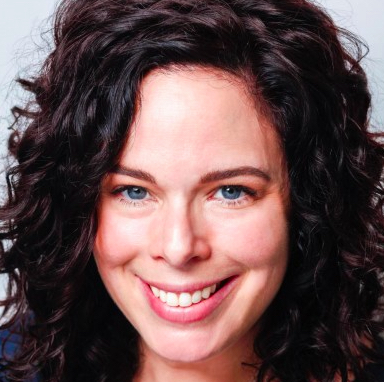




Leave a Reply
You must be logged in to post a comment.